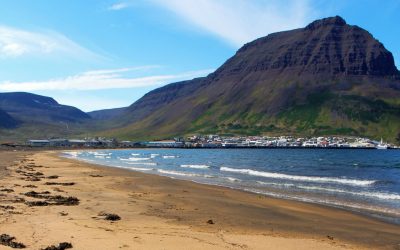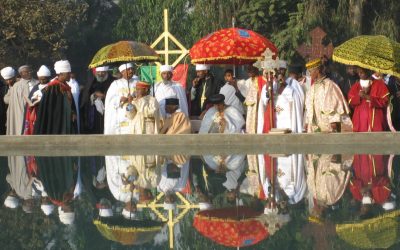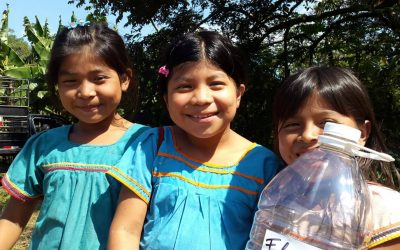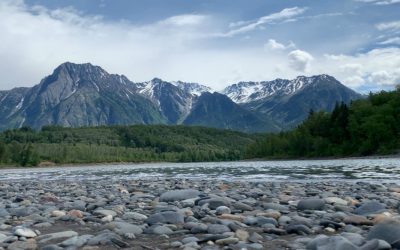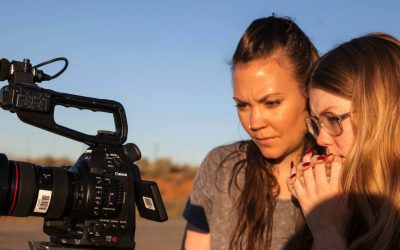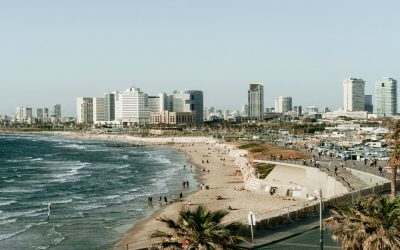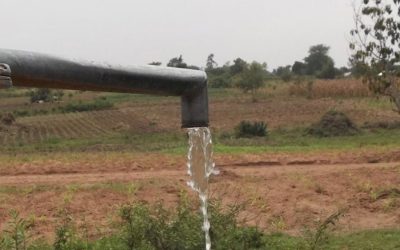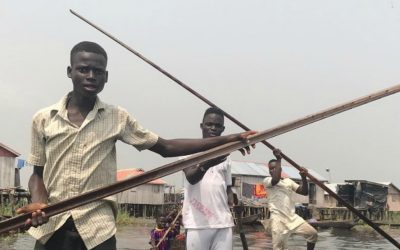THE WATER ISSUE
Water has its own vocabulary: ebb, wash, slosh, flood. Over time, we’ve created these words to describe the natural phenomena we witness every day. Rivers run, waves crash, puddles ripple, rains shower.
In Taoism, there exists a concept called the Ten Thousand Things. Very simply put, it refers to all that we see, name, and differentiate. We categorize things to understand them...
Waves lap over rocks where the Skeena River meets its major tributary, the Bulkley River.
STORIES IN THIS ISSUE
Cleaning the Beaches in Iceland’s Remote Westfjords
Ever since our ancestors began to resemble modern humans, the planet’s oceans have helped us flourish…
Rain and Rivers: Divine Works and Religious Waters
Water has a fundamental place in most religions, and the ways in which religious waters work in society…
Clean Drinking Water for All (SOCIAL MEDIA SPOTLIGHT)
For our first ever Social Media Spotlight, we’re thrilled to present this Facebook post by Kevin Haughton…
Collaborative Storytelling: Speaking the River’s Language
The Skeena River courses through Northern B.C. like an artery flowing through pulse points…
Bob Sandford’s Decades-Long Fight for Fresh Water (VIDEO)
A native of Calgary, Bob Sandford’s commitment to Canada’s mountain world began at 20 years old…
Water Contamination across the United States (Q&A)
Culturally Modified caught up with Lauren Kaljur, who investigated water contamination in the US with News21…
Reverse Flow: Imagining a Desalinated Future
Water is a basic human need and our reflexive relationship with it has had a tremendous effect on shaping culture…
Developing a Way to Measure Water Insecurity
I was in Kenya with my baby daughter in 2013, setting up a study on the impacts of food insecurity during pregnancy…
Water as Protector: Divinities of Vodoun in Benin
Upon arrival in Benin, with its sandy beaches bordered by the Atlantic, it’s easy to wonder if magic could be real…
WATER: OUR GREAT CONNECTION
Water has its own vocabulary: ebb, wash, slosh, flood. Over time, we’ve created these words to describe the natural phenomena we witness every day. Rivers run, waves crash, puddles ripple, rains shower.
On every level of our being, water plays an active role, from the minuscule molecular, to the grand ethereal and spiritual.
In Taoism, there exists a concept called the Ten Thousand Things. Very simply put, it refers to all that we see, name, and differentiate. We categorize things to understand them: this stream is drinking water, this river is used for travel, this ocean is a food source. We designate where the stream becomes a river, where the river stops and the ocean begins.
We use water words to name and tame the processes in our bodies as well as in our inner lives: we enter flow states, we feel swells of emotion, we drip sweat, we stream tears, and blood courses through our veins. On every level of our being, water plays an active role, from the miniscule molecular, to the grand ethereal and spiritual. For this issue of Culturally Modified, we’re exploring the intricate, enduring, and essential relationships that human beings have with water.
Whether in the form of holy water, sacred rivers, or rain, Terje Oestigaard investigates how we understand divine waters and how they fit into major religions and beliefs. Délani Valin takes us to Benin to explore how one magical lake, along with mythic crocodiles, helped create a village that kept its citizens safe from the slave trade.
And, while traditions like praying for crops to be quenched have long been a part of many cultures, today we are witnessing the adoption of a new vocabulary surrounding water. We are beginning to use words such as scarcity, insecurity, drought, peak, and shortage with increasing frequency. These are the words often used during wartime — and, indeed, water has become a battleground upon which the survival of our species and many others will be won or lost.
With new vocabulary comes the advent of new tools and technology. Citing her research in Kenya, Sera Young shares the process of creating a scale to measure and document water insecurity. Roger Ritsema, meanwhile, poses questions about the practical and psychological impacts of desalination — what might reversing the flow of water from river to ocean for the first time in history do to human cultures? And in our first ever Social Media Spotlight, Vancouver Islander, Kevin Houghton, celebrates the new filtration technology he developed to provide accessible drinking water across the globe.
Water scarcity arises through lack of access as well as from pollution. Journalist Lauren Kaljur speaks with us about her experience interviewing Indigenous communities in the United States that have had their water sources tainted or threatened. Lynn Martel interviews tireless freshwater specialist Bob Sandford on his work around sustainability. Amy O’Rourke shares her experience cleaning up the plastics and debris littering Icelandic beaches, and examines how this affects humans and wildlife.
Water is powerful — it carves through land, erodes cliffs, and swallows shorelines. Megan Peloso muses about the Skeena River, and the ways in which we have the potential to collectively shape the future of the waterways that have shaped our communities from their inception.
The stories we tell about water and the vocabulary we use to describe it reveal a lot about our relationship with it. The categorizing of the rivers, oceans, and streams that we use for drinking, transportation, food, and salvation are part of the Taoist philosophy of the Ten Thousand Things. But beyond these Things, according to Taoism, is the idea of interconnectedness. From mountain glacier, to river, to ocean, water just flows. It flows within us: in our cells, our sweat, and our blood. Water flows, and boundaries erode. We are the rivers, the oceans, and the rains.
